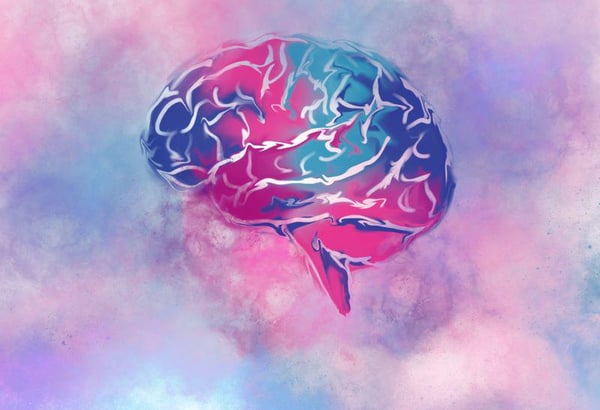Ublituximab Bests Teriflunomide in Relapsing Multiple Sclerosis

WEDNESDAY, Aug. 31, 2022 (HealthDay News) -- Patients with relapsing multiple sclerosis receiving ublituximab have lower annualized relapse rates and fewer brain lesions on magnetic resonance imaging than those receiving teriflunomide, according to a study published in the Aug. 25 issue of the New England Journal of Medicine.
Lawrence Steinman, M.D., from Stanford University in California, and colleagues conducted two identical, double-blind trials (ULTIMATE I and ULTIMATE II) involving participants with relapsing multiple sclerosis who were randomly assigned to receive either intravenous ublituximab and oral placebo or oral teriflunomide and intravenous placebo. A total of 549 and 545 participants were enrolled in the ULTIMATE I and ULTIMATE II trials, respectively, and were followed for a median of 95 weeks.
The researchers found that the annualized relapse rate was 0.08 with ublituximab and 0.19 with teriflunomide in the ULTIMATE I trial (rate ratio, 0.41) and was 0.09 and 0.18, respectively, in the ULTIMATE II trial (rate ratio, 0.51). In the ULTIMATE I trial, the mean number of gadolinium-enhancing lesions was 0.02 in the ublituximab group and 0.49 in the teriflunomide group (rate ratio, 0.03). In the ULTIMATE II trial, the numbers were 0.01 and 0.25, respectively (rate ratio, 0.04). In a pooled analysis of the trials, worsening of disability at 12 weeks did not differ significantly between the groups and occurred in 5.2 percent of participants receiving ublituximab and 5.9 percent of participants receiving teriflunomide. Infusion-related reactions were reported in 47.7 percent of participants receiving ublituximab.
"Larger and longer trials are required to determine the efficacy and safety of ublituximab in patients with relapsing multiple sclerosis, including comparison with other disease-modifying treatments such as existing anti-CD20 monoclonal antibodies," the authors write.
The study was funded by TG Therapeutics, the manufacturer of ublituximab.
Abstract/Full Text (subscription or payment may be required)
Related Posts
Pfizer Says Lower Dose of Its COVID-19 Vaccine Protects Younger Children
FRIDAY, Oct. 22, 2021 (HealthDay News) -- A lower dose of the Pfizer COVID-19...
Another School Sports Season: How to Lower Your Child’s Odds for Injury
TUESDAY, Sept. 19, 2023 (HealthDay News) -- Playing sports can offer a lot of...
FDA: Common Diabetes Drug Januvia May Contain Traces of Carcinogen
FRIDAY, Aug. 12, 2022 (HealthDay News) -- The popular diabetes drug Januvia...
New York State Lifts Indoor Mask Mandate
THURSDAY, Feb. 10, 2022 (HealthDay News) -- An indoor mask mandate in New York...
